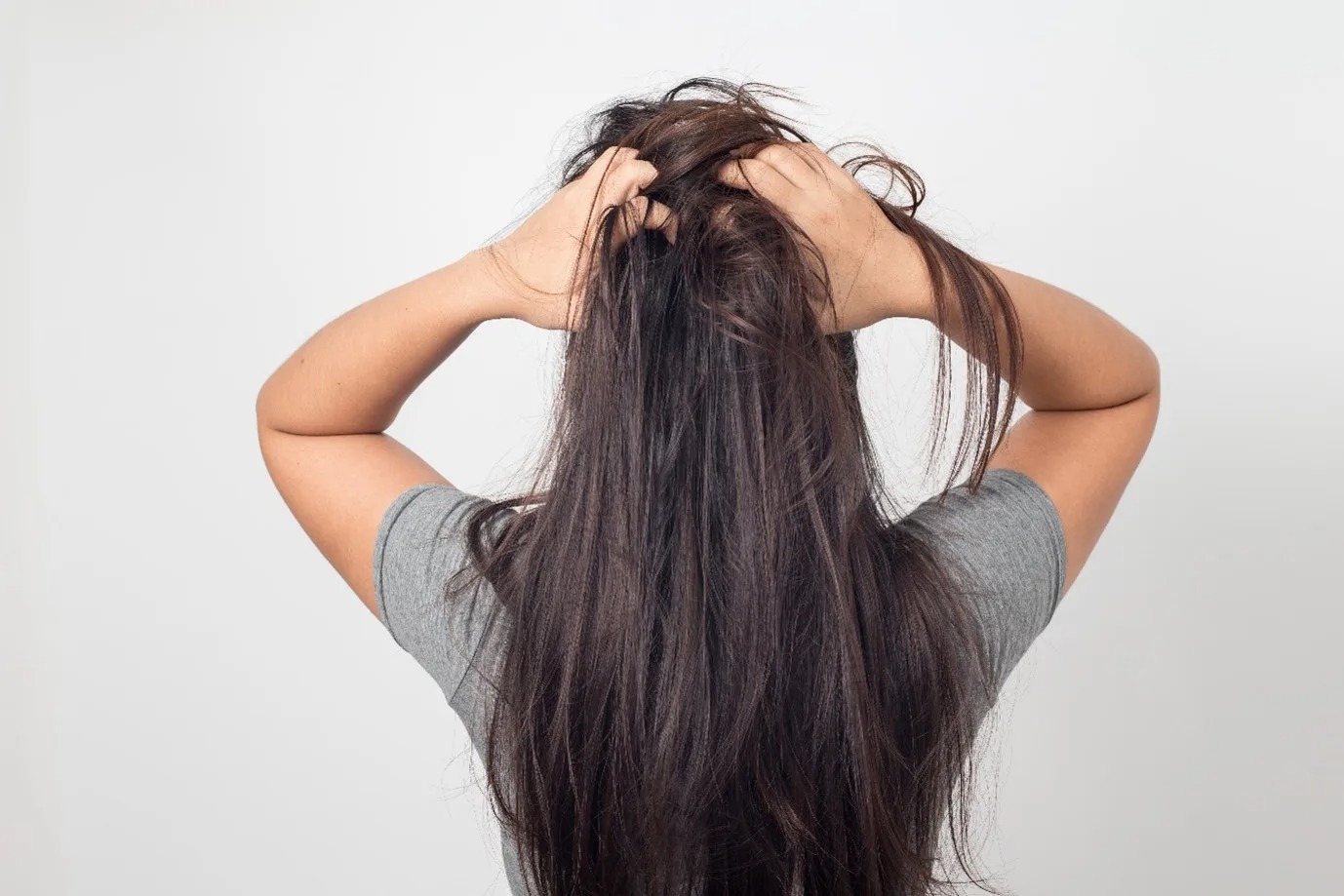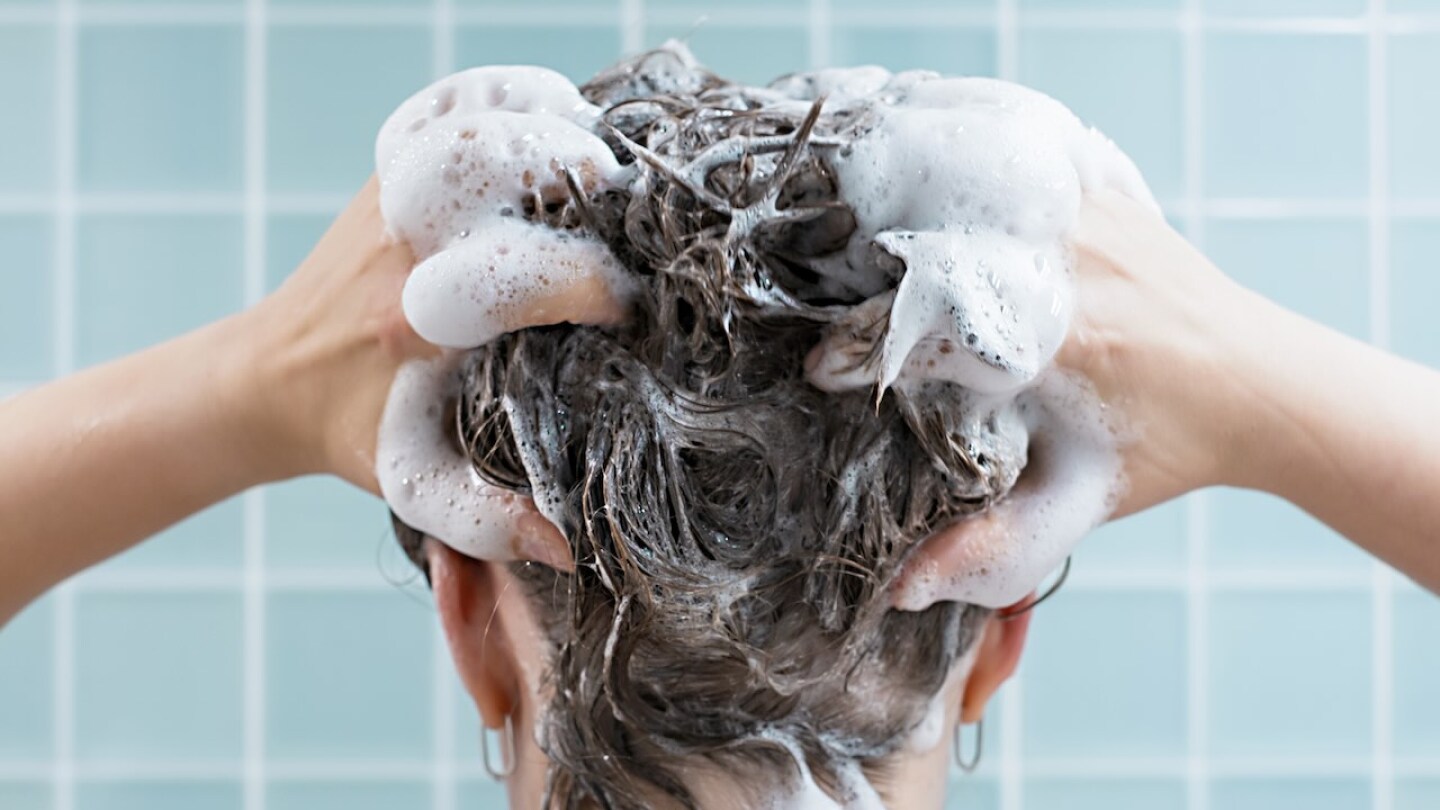An itchy scalp can be annoying, embarrassing, and in some cases, even painful. Whether it’s a mild irritation or a persistent, intense itch, figuring out what’s behind it is key to getting lasting relief. While many people automatically think of dandruff, the causes of scalp itch go far beyond just flaking skin.
This article explores the most common reasons your scalp may itch and what you can do about it. All information is based on verified medical sources, and we’ve included tips for prevention and treatment to help you feel confident and comfortable again.
1. Dry Scalp
A dry scalp occurs when your skin lacks moisture. Just like the skin on your hands or face, your scalp can dry out—especially during cold weather, after washing your hair too frequently, or using shampoos with harsh ingredients.
Common signs include:
- Flaky skin without oiliness
- Tight or rough scalp feeling
- Mild itching that worsens after washing
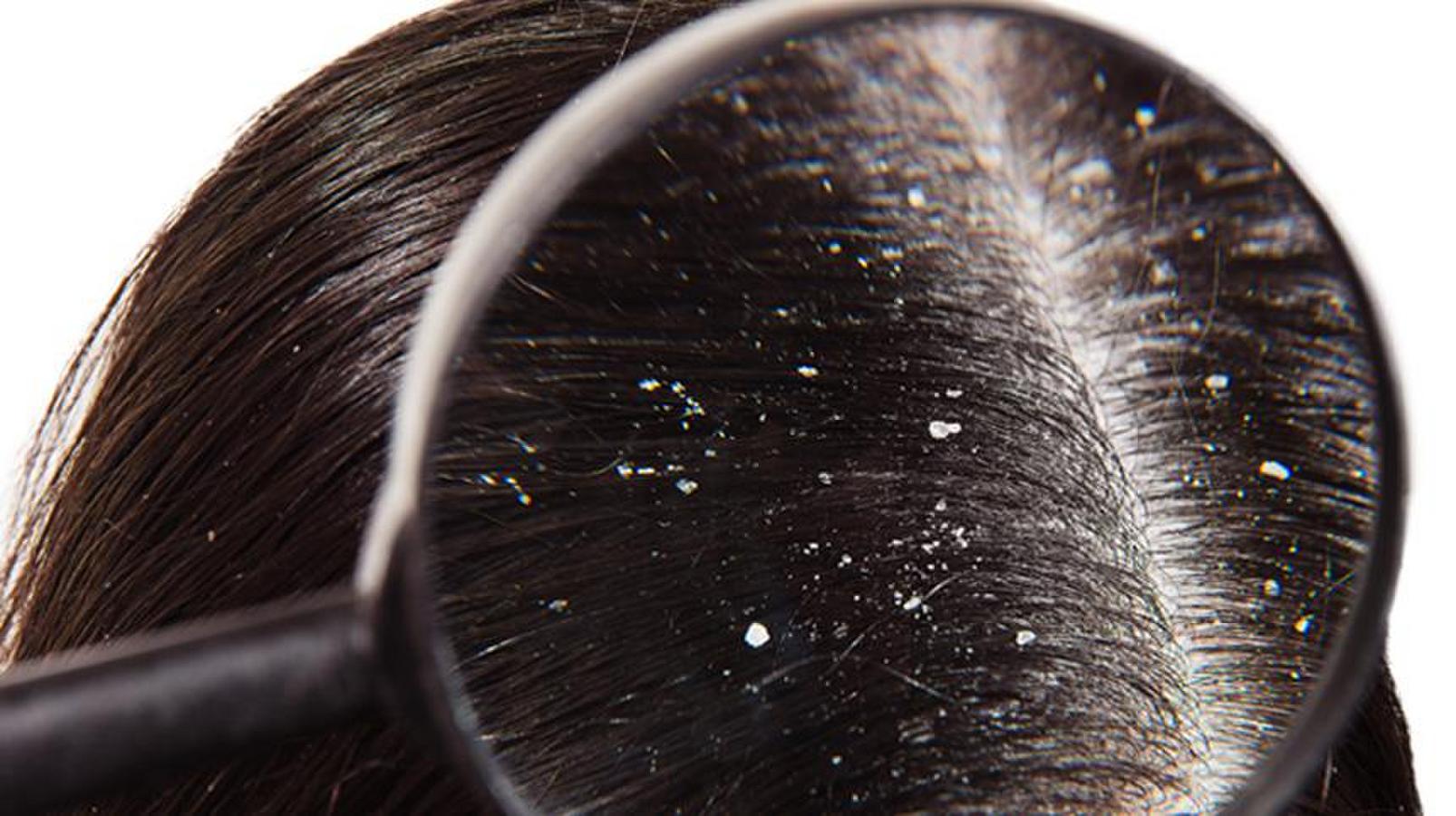
What helps:
- Switch to hydrating shampoos and avoid those with sulfates
- Reduce hair washing to 2–3 times per week
- Use natural oils like coconut, jojoba, or argan oil after shampooing
2. Dandruff and Seborrheic Dermatitis
Dandruff is one of the most frequent culprits. It’s often caused by an overgrowth of a yeast-like fungus called Malassezia, which lives on oily areas of the scalp. This can trigger irritation and excess skin shedding.
Symptoms:
- White or yellowish flakes
- Itchy, sometimes oily scalp
- Redness or sensitivity in severe cases

How to treat:
- Use an anti-dandruff shampoo containing zinc pyrithione, ketoconazole, or selenium sulfide
- Leave the shampoo on for 3–5 minutes before rinsing
- Rotate shampoos every few weeks if one stops working
3. Psoriasis
Scalp psoriasis is an autoimmune disorder that causes the skin to build up too quickly. This leads to thick, scaly patches that can be itchy and even painful.
What it looks like:
- Silvery-white scales over red skin
- May extend beyond the hairline
- Sometimes causes bleeding or hair thinning
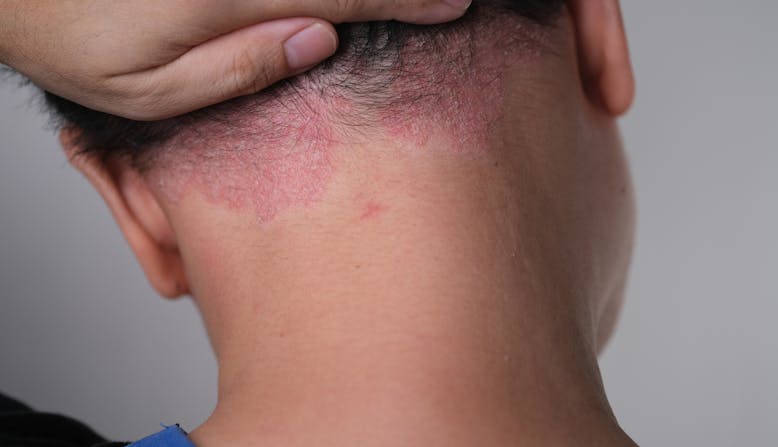
Management options:
- Prescription topical steroids or vitamin D analogs
- Medicated shampoos designed for psoriasis
- Phototherapy or systemic treatment in severe cases
4. Allergic Reactions (Contact Dermatitis)
Hair care products, especially those with fragrances, preservatives, or dyes, can trigger allergic reactions. One common culprit is PPD (paraphenylenediamine), a chemical found in hair dyes.
Signs to watch for:
- Sudden itching after using a new product
- Red or swollen areas on the scalp
- Burning or tingling sensation
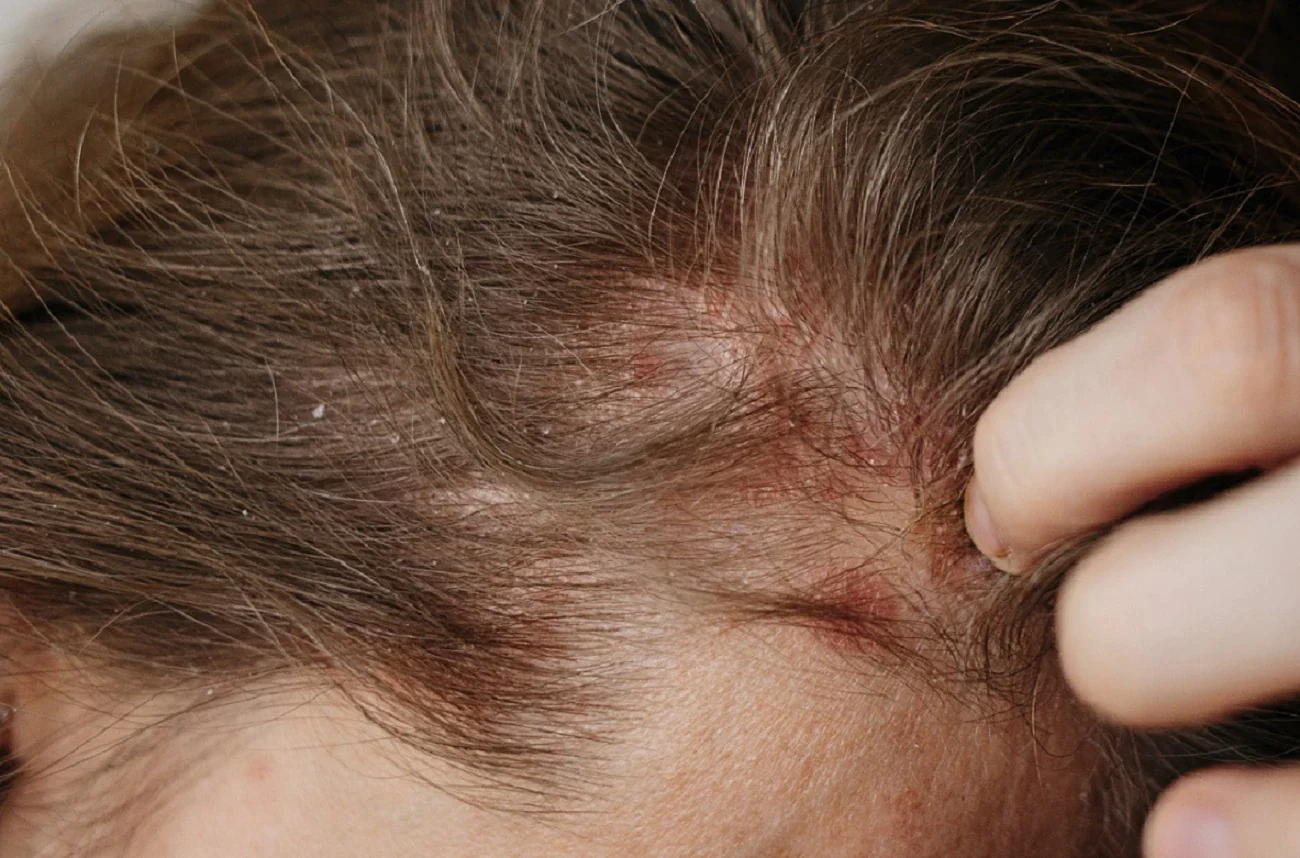
Treatment steps:
- Stop using the suspected product
- Rinse the scalp thoroughly with water
- Use a mild shampoo and consult a dermatologist if irritation persists
5. Eczema (Atopic Dermatitis)
Eczema can affect the scalp just like other parts of the body. People with a history of eczema may notice flare-ups triggered by stress, weather changes, or allergens.
Typical symptoms:
- Dry, scaly patches
- Redness and swelling
- Severe itching, especially at night

Tips for relief:
- Apply topical corticosteroids (as prescribed)
- Use a gentle, non-fragranced shampoo
- Keep scalp moisturized with emollients
6. Head Lice
Head lice are small parasitic insects that feed on blood from the scalp, causing intense itching. They’re most common in children but can affect anyone.
How to identify them:
- Persistent itching, especially at the back of the head or behind the ears
- Tiny white nits (lice eggs) attached to hair shafts
- Irritated, red scalp
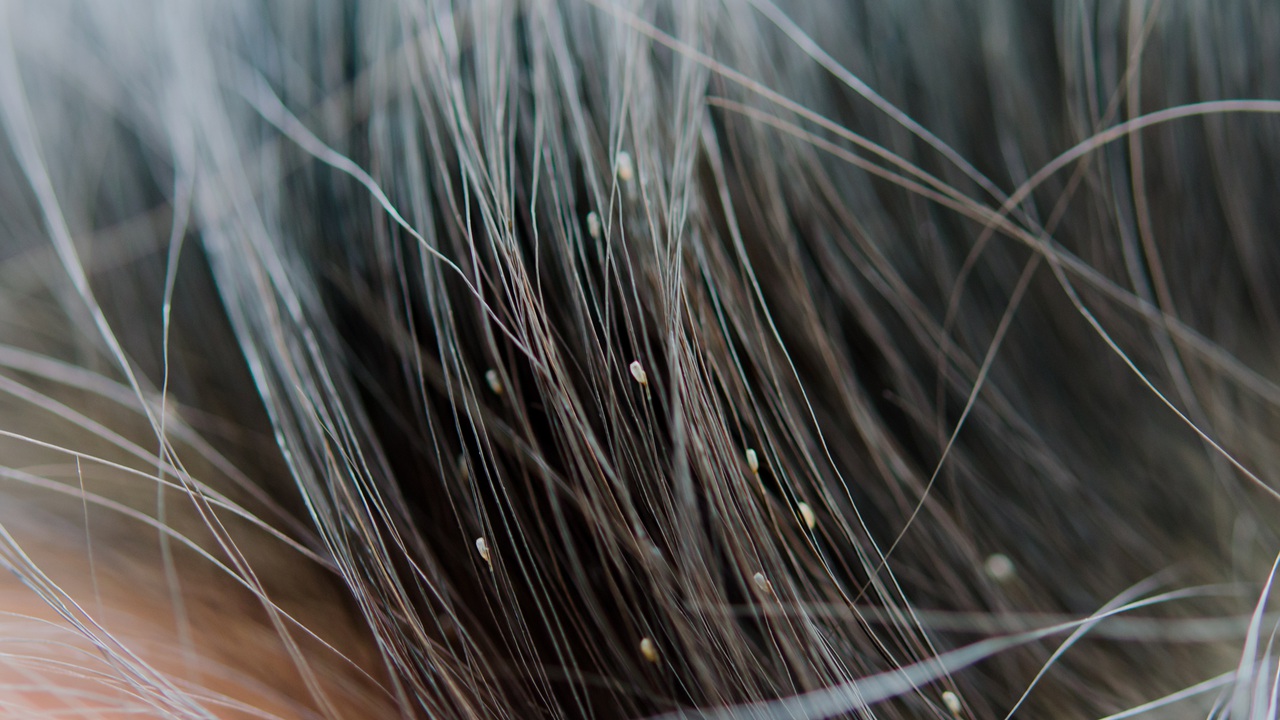
Treatment:
- Over-the-counter lice shampoos (permethrin or pyrethrin-based)
- Use a fine-tooth comb to remove nits daily
- Wash bedding and clothing in hot water
7. Tinea Capitis (Scalp Ringworm)
Despite the name, ringworm is not caused by worms. It’s a fungal infection that’s especially common in children.
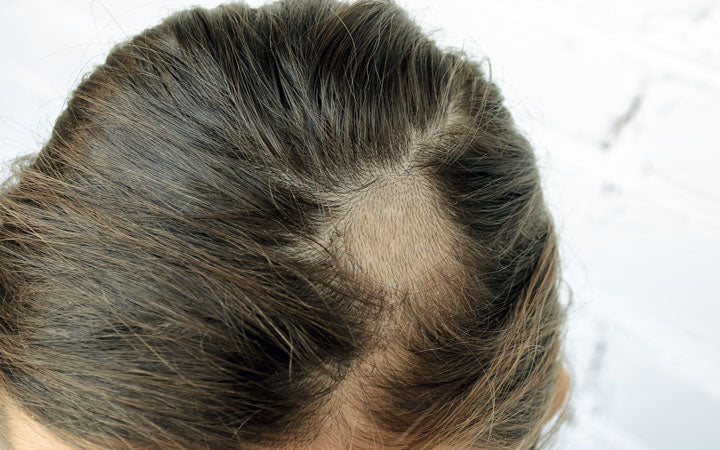
Symptoms include:
- Round, scaly bald patches
- Black dots (broken hairs)
- Tender or painful scalp areas
Important: This condition requires oral antifungal medication—topical creams won’t work alone.
8. Folliculitis
Folliculitis happens when hair follicles become inflamed due to bacterial or fungal infection. It’s usually minor but can become painful.
How it presents:
- Red pimples or pustules on the scalp
- Itching or burning sensation
- Crusting or oozing in some cases
Care tips:
- Cleanse with a gentle antibacterial shampoo
- Avoid scratching or picking at affected areas
- Severe cases may need antibiotic treatment
9. Stress and Nerve Conditions
Sometimes, scalp itch has no visible cause. Chronic stress, anxiety, or nerve-related conditions can cause persistent itching without any rash or flaking. This is called neuropathic itch.
You might experience:
- A “crawling” or tingling feeling on the scalp
- Itching that doesn’t respond to moisturizers or shampoos
- No visible skin changes

Best approach:
- Manage stress through exercise, mindfulness, or therapy
- Consult a neurologist or dermatologist for further evaluation
10. Other Possible Causes
- Hives: Allergic reactions causing raised, itchy welts
- Scabies: Caused by microscopic mites, more common in crowded or shared-living environments
- Systemic Illnesses: Lupus, thyroid disorders, or liver disease may include scalp itch as a symptom
- Medication Reactions: Some medications list itching as a side effect—check with your doctor if symptoms began after starting a new drug
Prevention Tips
- Use sulfate-free, fragrance-free shampoos if you have sensitive skin
- Wash your hair with lukewarm water (not hot)
- Don’t scratch—this worsens irritation and may cause infection
- Keep brushes, combs, and hats clean
- Manage stress and eat a balanced diet for overall skin health
When to See a Doctor
While many causes of itchy scalp are harmless and treatable at home, you should see a dermatologist if:
- Itching lasts more than 2–3 weeks
- You notice hair loss or sores
- The itching is intense or interferes with sleep
- You’ve tried multiple treatments with no success
A medical evaluation can rule out infections, allergies, or autoimmune disorders and help you find lasting relief.
Final Thoughts
Scalp itch can stem from something as simple as dry skin or as complex as an autoimmune condition. The key is identifying the specific cause. Whether it’s dandruff, eczema, lice, or something else, treatment is most effective when tailored to the root of the problem.
Take note of your symptoms, avoid harsh hair products, and don’t hesitate to see a professional if needed. Your scalp health is just as important as the rest of your skin—and with the right care, you can keep it itch-free and comfortable.
Sources
- American Academy of Dermatology – Scalp Itch Relief
- Cleveland Clinic – Common Scalp Issues
- National Psoriasis Foundation – Scalp Psoriasis
- Glamour – How to Treat Dry Scalp
- Time – Why Is My Scalp So Itchy?
- Verywell Health – Dandruff vs. Psoriasis
- Healthline – Psoriasis vs. Seborrheic Dermatitis
- Medical News Today – Itchy Scalp Without Dandruff
